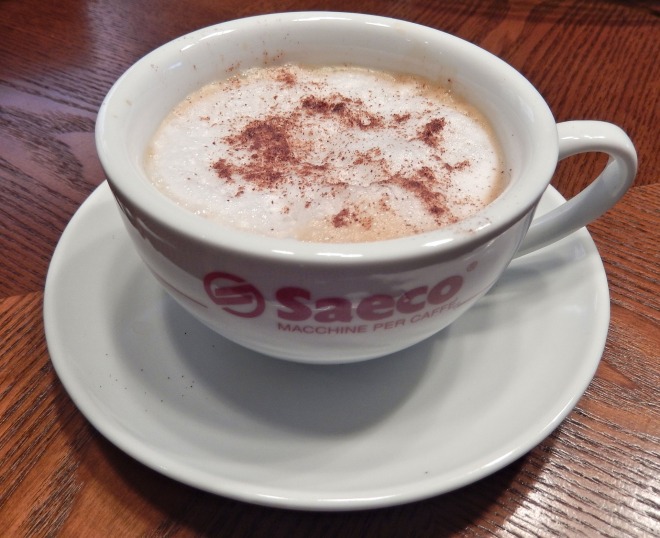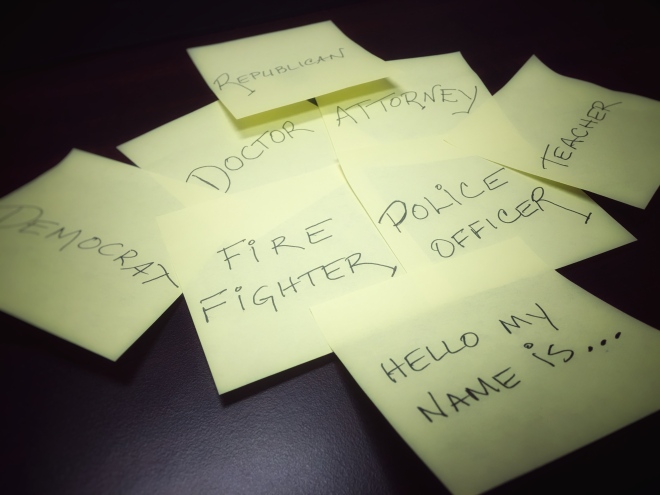
When I was a child, I talked like a child, I thought like a child, I reasoned like a child. When I became a man, I put the ways of childhood behind me.1 Corinthians 13:11
When I came across the word “Skimm”, I immediately thought it was a type of non-fat milk, or something on top of a cup of coffee. I was wrong. This is the name of an internet newsletter which is aimed at millennial women.
It started in 2012 by two women who are now 32 and is a daily current events newsletter. It has a readership of 7 million which far exceeds the readership of the New York Times which has only 1.6 million. That is not a misprint.
It’s style is breezy and is directed at an audience which is assumed to not have a deep understanding of issues. It has been, by any standard, an “insane success.” 80% of the audience is female, and 90% have college degrees.
Their content is a bantering Q&A, often with a quippish or clever answer. I found it intriguing since it is aimed at an audience that does not read deeply and has little (if any) depth of knowledge of history or current events.
For the older generation, it looks a lot like what we used to call “cliff notes” which were abbreviated notes on classes so that you didn’t have to read the course material.
The several issues I looked at tend to be reasonably objective. They push the millennials to vote and gives insights into both parties. Very non-partisan. Very refreshing. They offer a ballot “cheat sheet” for each party.
The newsletters are short, with click-throughs by hyperlink for more information if needed or wanted. It’s goal is to quickly educate and inform the reader at a top-level. No one is expected to walk away an expert on the issues covered, which is often a criticism of The Skimm by other journalists.
They have figured out a platform that disseminates news to the next generation in a way that it’s being read and digested. I suggested reading the Skimmto a young millennial and she loves it and feels it has broadened her knowledge of topics that she didn’t know about. She reads it every day.
I have two thoughts on the success of the Daily Skimm, both somewhat connected. The first is that the Skimm has tapped into a means of communicating with millennials in a format that they will consume.
But the second is at least as important: The church needs to be creative at reaching the next generation and adopting the model of The Skimm may be useful. Their short attention span and gravitation to social media means that their ability to dive into the nuances of a story is limited.
They may have seen the movie, but they haven’t read the book. Nor do they see any need to. The reality is, however, that facts matter. According to the Urban Institute, facts help us understand complex and economic and social problems.
Finding a breezy headline with a few details and facts of an issue in a catchy way that actually works with millennials. At least it is a better starting point than the alternative.
The Church can learn from this by figuring out a way to put the gospel and Christian issues in a format that millennials will actually read or digest.
The typical church posts its sermons on its website. That won’t reach the next generation. Taking the primary points in a short podcast or a set of cliff notes, however, might at least draw their attention.
Another thought of was suggested to me by one of my mentees who was a discipleship pastor for 20 years. He recommended The Bible Project. It has short animated videos of every book in the bible.
Again, it won’t replace a deeper study, but I found the videos and podcasts useful for a generation that has no biblical background.
We cannot change their propensity to want to just read headlines, so they don’t appear stupid about a topic in a face-to-face interaction. But, we can harness it. I am suggesting that my mentees who are in the next generation read The Skimm.
It won’t make them experts on a topic, but it will help them be more conversant with current events and at least give them an opportunity to go deeper if they get curious.
My millenial friend who reads Skimm said she felt more informed. Anything that improves awareness to history and current events in a format that millennials read is a good thing.
MENTOR TAKEAWAY: Introduce your millennial mentee to the Daily Skimm. It’s a step in the right direction of getting them informed about current events.
FURTHER STUDY: How a morning newsletter to 7 million actually works.
WORSHIP: Listen to Help From Heavenby Matt Redman. It’s a beautiful song.
COMMENT: I would be delighted at comments on this or any other post. You can comment by clicking on the icon at the top of the page or emailing me at otterpater@gmail.com
SUBSCRIBE: You can receive an email notice of each post by clicking on the icon at the top right corner of the site (www.mentorlink.wordpress.com) and entering your email address.




